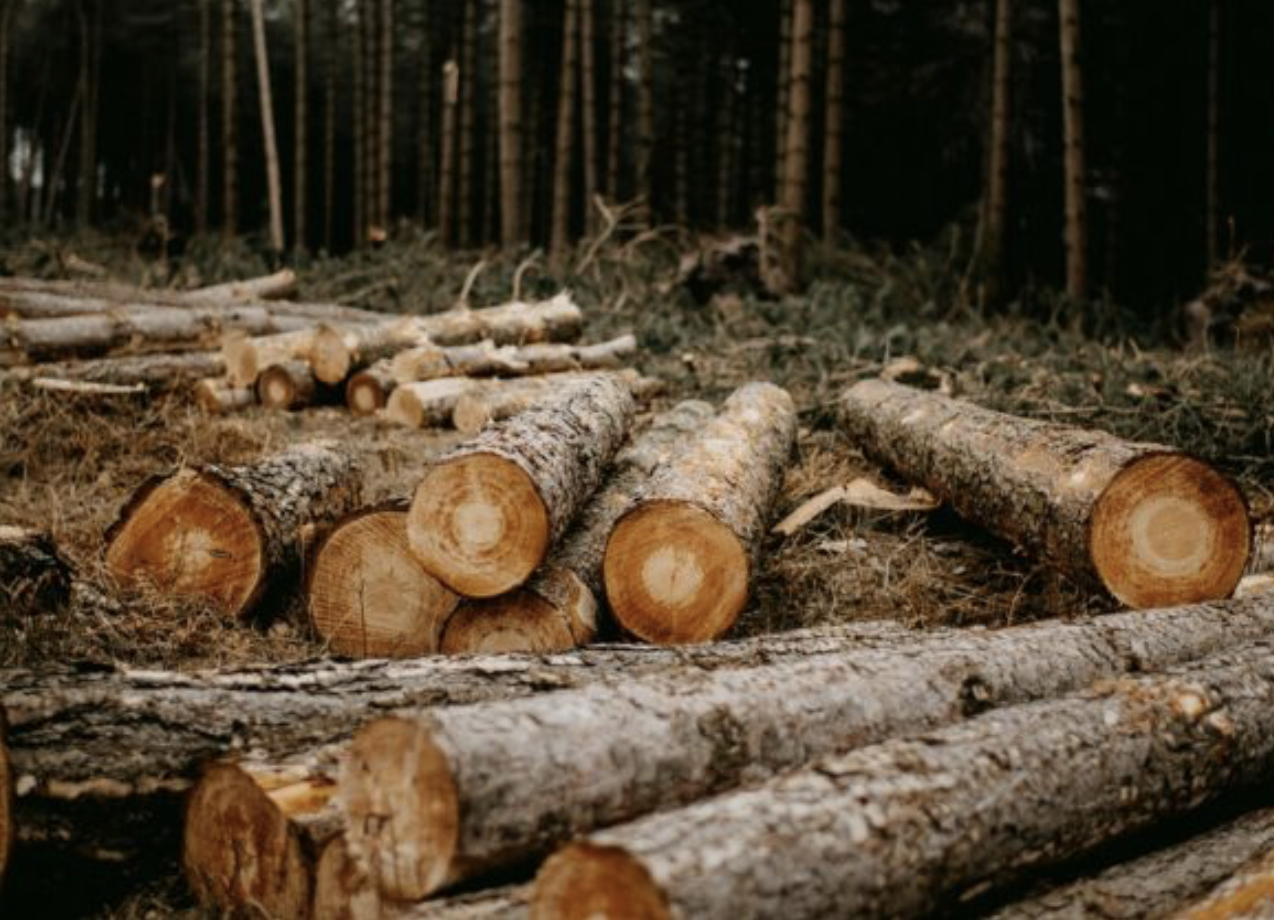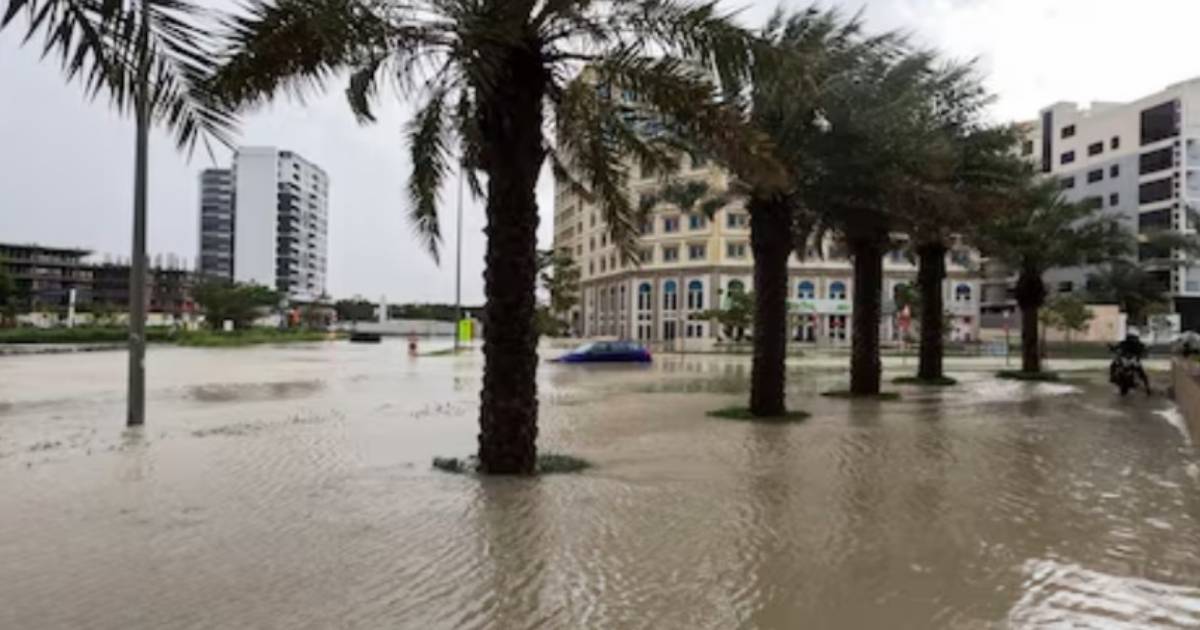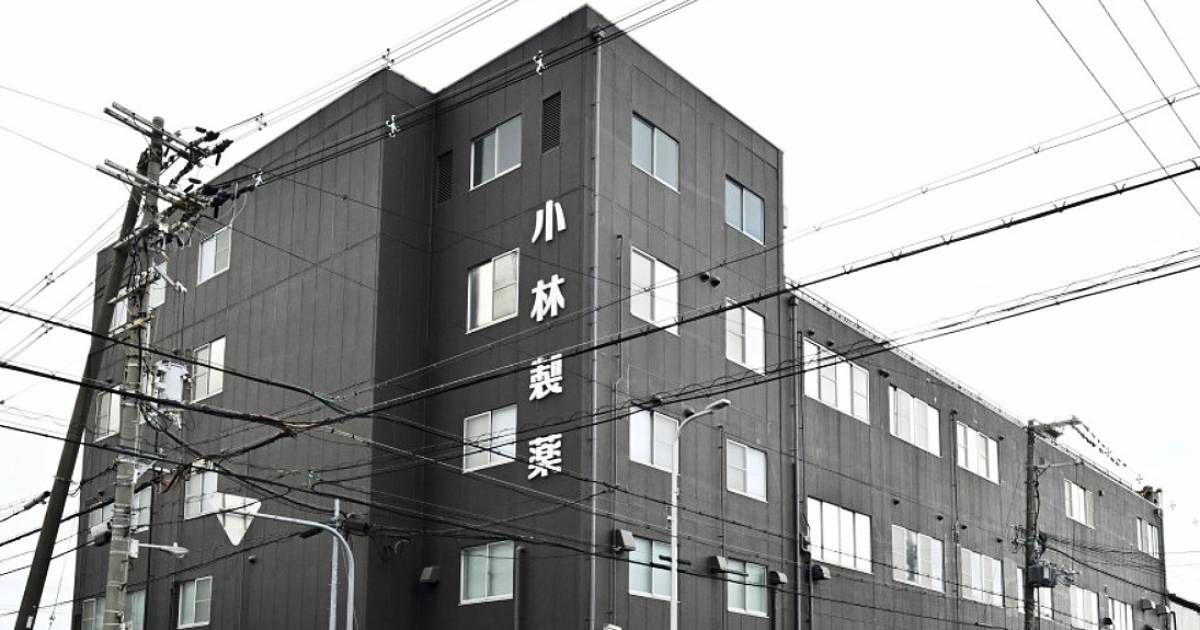The EU plans to implement a stringent deforestation law later this year. This law requires that goods sold to the EU must prove that there has been no deforestation since December 31, 2020. On Thursday, the EU classified goods from four countries, namely Belarus, Myanmar, North Korea and Russia, as "high risk" of deforestation, and will adopt stricter spot-checking standards for goods from these four countries. However, major forest countries such as Brazil and Indonesia are not on this list.
Most countries in the world have reached an agreement on climate issues earlier, and they will control carbon dioxide emissions for the increasingly extreme weather. The goal of the EU's deforestation law is to stop 10% of deforestation every year and reduce carbon dioxide emissions by at least 32 million tons. To this end, the EU passed the EU Deforestation Regulation (EUDR for short) in 2023. It was originally planned to be implemented on December 30, 2024. However, since most countries are not prepared for this, which may lead to shortages or price increases of some goods exported to the EU, it was decided that this law will not come into effect until the end of this year, and the deadline for small and medium-sized enterprises is extended to June 30, 2026.
This law mainly targets forest-related products, including various products that directly use wood or require deforestation for production, such as wood, beef, cocoa, soybeans, palm oil, coffee, rubber and their derivatives (such as leather, chocolate, tires or furniture). Before exporting to the EU, producers are required to provide GPS coordinates and historical pictures to prove that the forest ecology around the producers has not changed. Countries including the United States believe that this law is too strict, while Brazil and Indonesia, which are covered with forests, think that the law is too cumbersome and costly. Therefore, they all ask the EU to postpone the implementation of this law, but the EU insists on following the original schedule. Against this background, the price of coffee beans has been further pushed up.
Surprisingly, Brazil and Indonesia are defined as "standard risk" countries. Brazil is in the Amazon basin. In the past few years, due to the price increase of coffee beans, it is necessary to further expand the planting area. Before the forest is turned into arable land, there are often fires. After the fires, these places become coffee plantations. After the EU's results were released, the Rainforest Foundation Norway expressed dissatisfaction with this rating. They believe that Brazil's tropical deforestation accounted for 42% of the global total in 2024, more than doubling compared with the previous year. It is incredible that the EU did not rate Brazil as high risk. At present, in terms of implementation, the EU adopts different spot-checking measures for countries with different risk levels. 9% of exporting companies from high-risk countries, 3% from standard-risk countries and 1% from low-risk countries will be subject to compliance checks. Enterprises found to have problems, including producers and importers, will face fines from the EU.
Indonesia is also dissatisfied with this result. The Indonesian Palm Oil Association (GAPKI) said that the EU should have classified Indonesia, the world's largest palm oil exporter, as a low-risk country together with the United States, China, Thailand and Australia. It believes that the EU has turned a blind eye to Indonesia's achievements in significantly reducing the deforestation rate in recent years.
Climate issues have long been an issue of international cooperation, but each country has its own interests to consider and there has been no significant progress. Today, extreme weather has become a common phenomenon in recent years. Perhaps it is time to make it a goal of international joint efforts to prevent the problem from getting worse.



